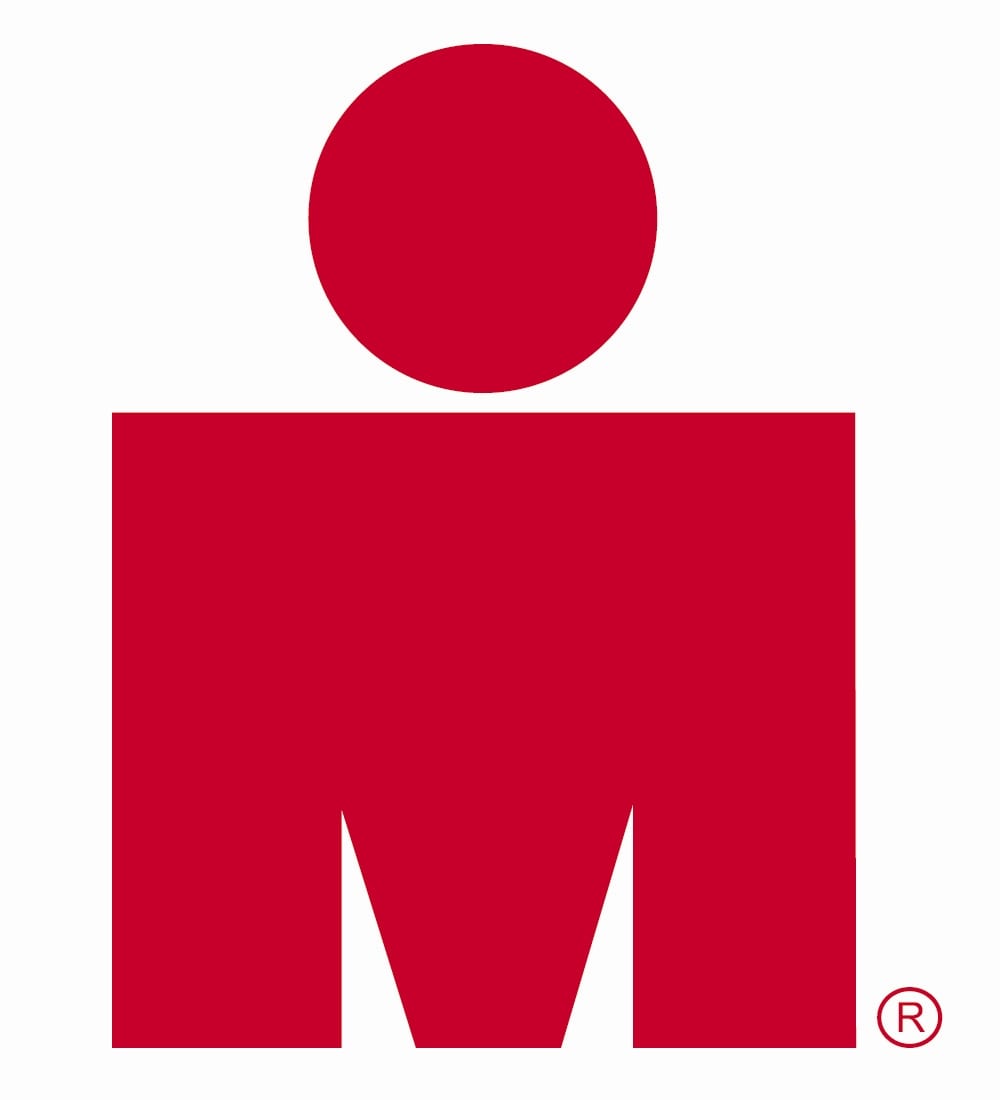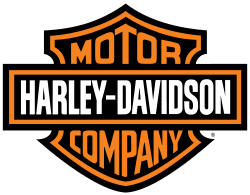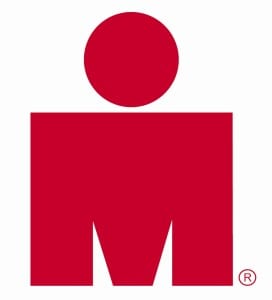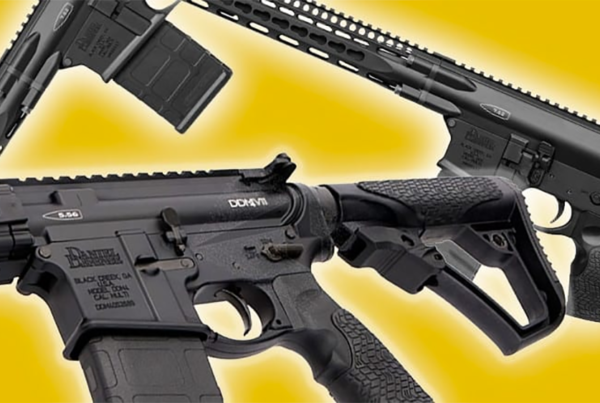
Can your brand become iconic? This week, I look at two brands that have achieved cult-like status. I will explore their history and attempt to trace their origins and discover what made them iconic. First we’ll start with a little branding 101.
Brands originated as far back as 1100 BC. The first known brand was from India. As man progressed up to the industrial revolution, it became necessary as more companies entered into the marketplace the need to differentiate ones products and services over another. Generic brands found it useful to become a real brand to succeed.
The term “Brand” comes from the old Norse word brandr “to burn.” And as we all remember, Cowboys used brands to identify their cattle just as companies today use their brands to identify themselves.
Today, the term branding is used in marketing, advertising and sales as a way to build relationships on a social and psychological level. Brand developers seek to create not only the words, shapes, colors, look and feel of a brand but also to connect them to the consumer on an emotional level that then creates a preference over competing brands.
Some brands do this so well, they’ve become iconic. They’ve transcended into something bigger than just a product or service – but rather an attitude and lifestyle. Two examples I am looking at is Harley-Davidson Motorcycle Company and Ironman Triathlon.
 The first example is Harley-Davidson. This iconic brand not only defines and differentiates a motorcycle company, but it also defines an entire class of people based on their lifestyle and attitude towards life. Talk to any Harley owner and immediately you’ll get a sense of who they are based on any one response to a trivial question about the weather. You may say: “Nice weather we’re having today isn’t it?” Harley owner: “ Yeah its #$*@ awesome – good day for a ride!” Then you watch them walk off in black leather chaps, vest and boots. Harley has extended its brand into watches, sponsored sub brands on Ford trucks and others. This brand has achieved cult status and is listed on Interbrand’s list of the 100 most influential brands.
The first example is Harley-Davidson. This iconic brand not only defines and differentiates a motorcycle company, but it also defines an entire class of people based on their lifestyle and attitude towards life. Talk to any Harley owner and immediately you’ll get a sense of who they are based on any one response to a trivial question about the weather. You may say: “Nice weather we’re having today isn’t it?” Harley owner: “ Yeah its #$*@ awesome – good day for a ride!” Then you watch them walk off in black leather chaps, vest and boots. Harley has extended its brand into watches, sponsored sub brands on Ford trucks and others. This brand has achieved cult status and is listed on Interbrand’s list of the 100 most influential brands.
 The second example of a company that does this well is Ironman. Ironman’s tagline “Anything is Possible” – defines the attitude of the people who train for and finish a 2.4 mile swim, 112 mike bike and 26.2 mile run – all in one day. Ironman has extended its brand into shoes, watches, headphones, cereal, power bars, sports drinks and clothing. Not only has it’s brand become synonomous with inspiration, but also with accomplishment – which is its main draw for participants. Who would pay a $500+ entry fee, sacrifice 9-12 months of their life to train and then purchase on average $3000-$10000 in equipment to go through 8-17 hours of pain on race day. Although not as widely known as Harley, Ironman has achieved cult-like status, to the people who are called by its brand name.
The second example of a company that does this well is Ironman. Ironman’s tagline “Anything is Possible” – defines the attitude of the people who train for and finish a 2.4 mile swim, 112 mike bike and 26.2 mile run – all in one day. Ironman has extended its brand into shoes, watches, headphones, cereal, power bars, sports drinks and clothing. Not only has it’s brand become synonomous with inspiration, but also with accomplishment – which is its main draw for participants. Who would pay a $500+ entry fee, sacrifice 9-12 months of their life to train and then purchase on average $3000-$10000 in equipment to go through 8-17 hours of pain on race day. Although not as widely known as Harley, Ironman has achieved cult-like status, to the people who are called by its brand name.
By tapping into the psychological aspects of the personality, companies can have a greater understanding into their customer’s motivations and triggers. So to that end it pays to do upfront research on your brand before crafting it.
The question remains, did Harley and Ironman purposely craft their brands in this way? Can you actually go out and create an iconic brand with a cult-like following? Or did these brands happen serendipitously?
In my next post, I’ll look at the history of both companies and seek to discover how these two brands have achieved iconic status.





